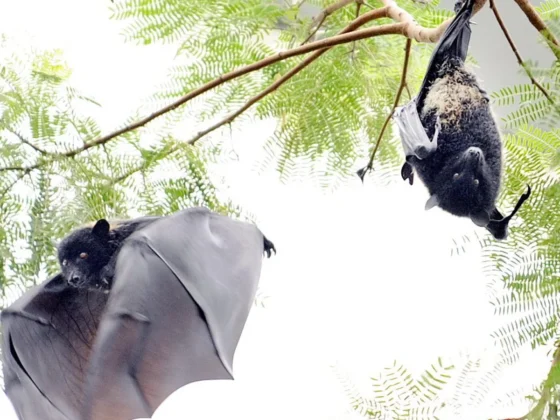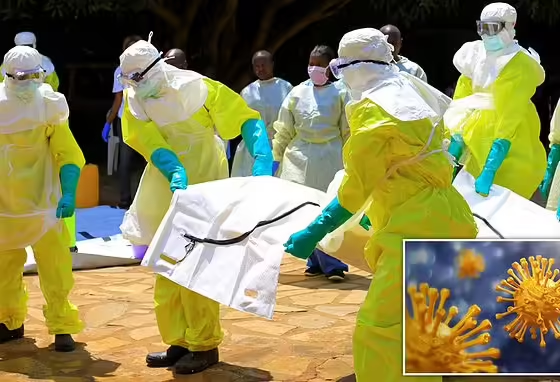New Delhi, August 27: The global landscape has been significantly impact by two major viral outbreaks in recent years: covid and monkeypox. While these diseases are distinct in many ways, there are some intriguing connections and lessons to be learns from studying their simultaneous spread.
COVID Vs Mpox: Similarities
- Viral Origins: Both coronavirus-19 and monkeypox are caused by viruses, with COVID-19 being a coronavirus and monkeypox being a poxvirus.
- Global Spread: Both viruses have demonstrated their ability to spread rapidly across borders, highlighting the interconnectedness of our globalized world.
- Public Health Challenges: Both outbreaks have posed significant challenges to public health systems worldwide, requiring rapid responses, resource mobilization, and international cooperation.
COVID Vs Mpox: Differences
- Transmission: COVID-19 primarily spreads through respiratory droplets. While monkeypox is primarily transmits through close physical contact.
- Symptoms: The symptoms of COVID-19 and monkeypox can overlap, but there are also distinct differences. It is often associats with respiratory symptoms, while monkeypox can cause a rash and fever.
- Severity: The severity of coronavirus-19 and monkeypox can vary widely. While both diseases can be fatal, It has had a significantly higher mortality rate.
COVID-19 Pandemic: Lessons Learned
The coronavirus pandemic has highlighted the importance of preparedness and response to global health emergencies. By studying the similarities and differences between coronavirus and monkeypox, we can gain valuable insights into the challenges and opportunities presented by emerging infectious diseases.
Some key lessons learned include:
- The Importance of Early Detection and Response: Rapid identification and containment of new outbreaks are crucial in preventing their spread.
- The Role of International Cooperation: Global health emergencies require coordinated international responses to be effective.
- The Need for Strong Public Health Systems: Robust public health infrastructure is essential for managing outbreaks and protecting populations.
- The Importance of Vaccination: Vaccines are a powerful tool in combating infectious diseases. Investing in vaccine development and deployment is crucial for global health security.
Read Also – Fresh COVID Wave Hits US, Data Reveals FlirT Variants As Dominant Strain: All You Need To Know
The Future of Global Health
As the world continues to grapple with the challenges of emerging infectious diseases, it is essential to learn from the experiences of coronavirus and monkeypox. By strengthening global health systems, investing in research and development, and promoting international cooperation, we can better prepare for future outbreaks and protect public health.









